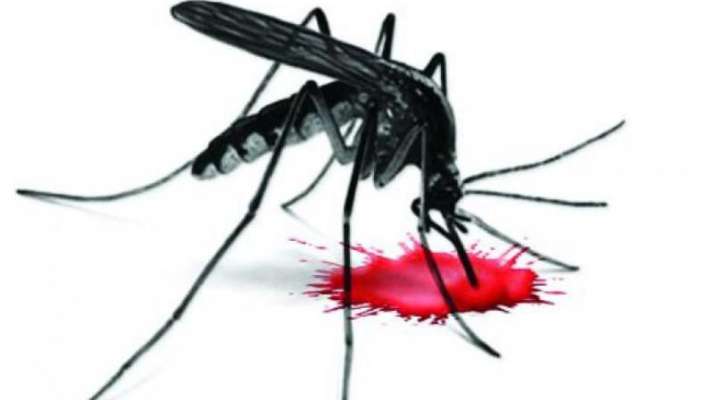IIT Madras researchers developing chip for early, accurate diagnosis of dengue

Chennai: A team of researchers from IIT Madras is developing a ‘lab-on-chip’ device for early and accurate diagnosis of dengue antigen in the blood which can save thousands of lives every year.
Ashis Kumar Sen, associate professor, department of mechanical engineering, IIT Madras, who is working on the project said, “We have done some work and showed it is possible to reduce the detection time. The prototype chip will be ready by the end of 2019.”
If the chip is developed then it could detect the dengue in just fifteen minutes. “Now, the detection time varies according to the diagnosis system. But, still, accuracy and sensitivity are the main issues in the diagnosis,” he added.
“The present diagnosis system has a major limitation sometimes it can give false positive or false negative in the diagnosis,” Mr Sen further said.
The researchers are developing a technique called Surface Plasmon Resonance (SPR) which is a very sensitive technique.
The research team will conduct the field tests in the coming months to improve the accuracy and sensitivity of the chip. Though there will not be much difference among the three professors to receive the prestigious “Swarnajayanti Fellowship” in engineering sciences discipline in the entire country. The support provided under this fellowship will cover all the requirements for performing research and will include a fellowship of `25,000/- per month for five years.
Scientists selected for this will be allowed to pursue unfettered research with freedom and flexibility. His team is also working to develop healthcare technology for early prediction of sepsis and improved prognosis or therapy for cancer.
After joining IIT Madras in 2010, he has secured more than 1 million US dollars of research funding from various agencies to establish a Microfluidics Research Facility to carry out cutting-edge research.
Courtesy By :- Daily Hunt



